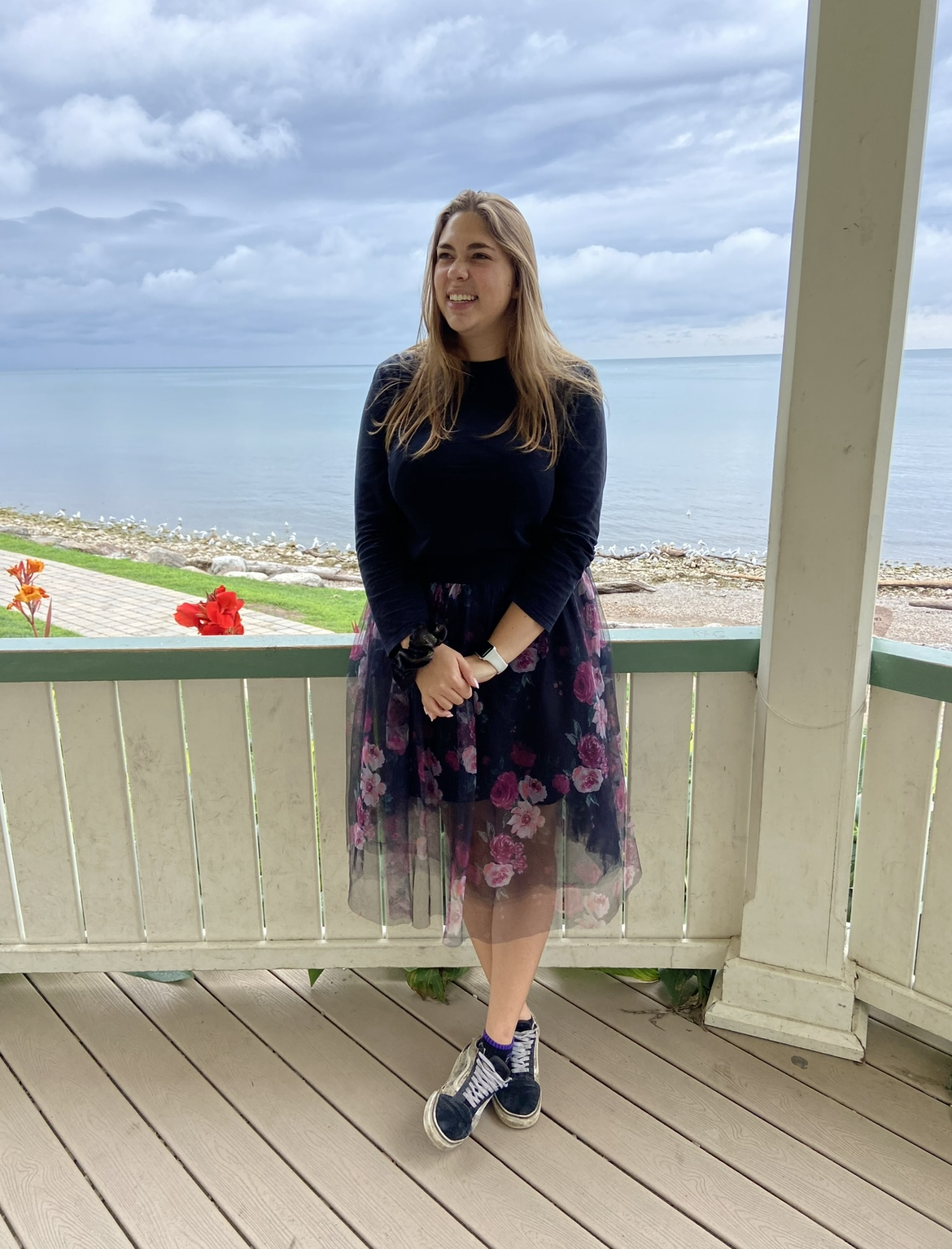-
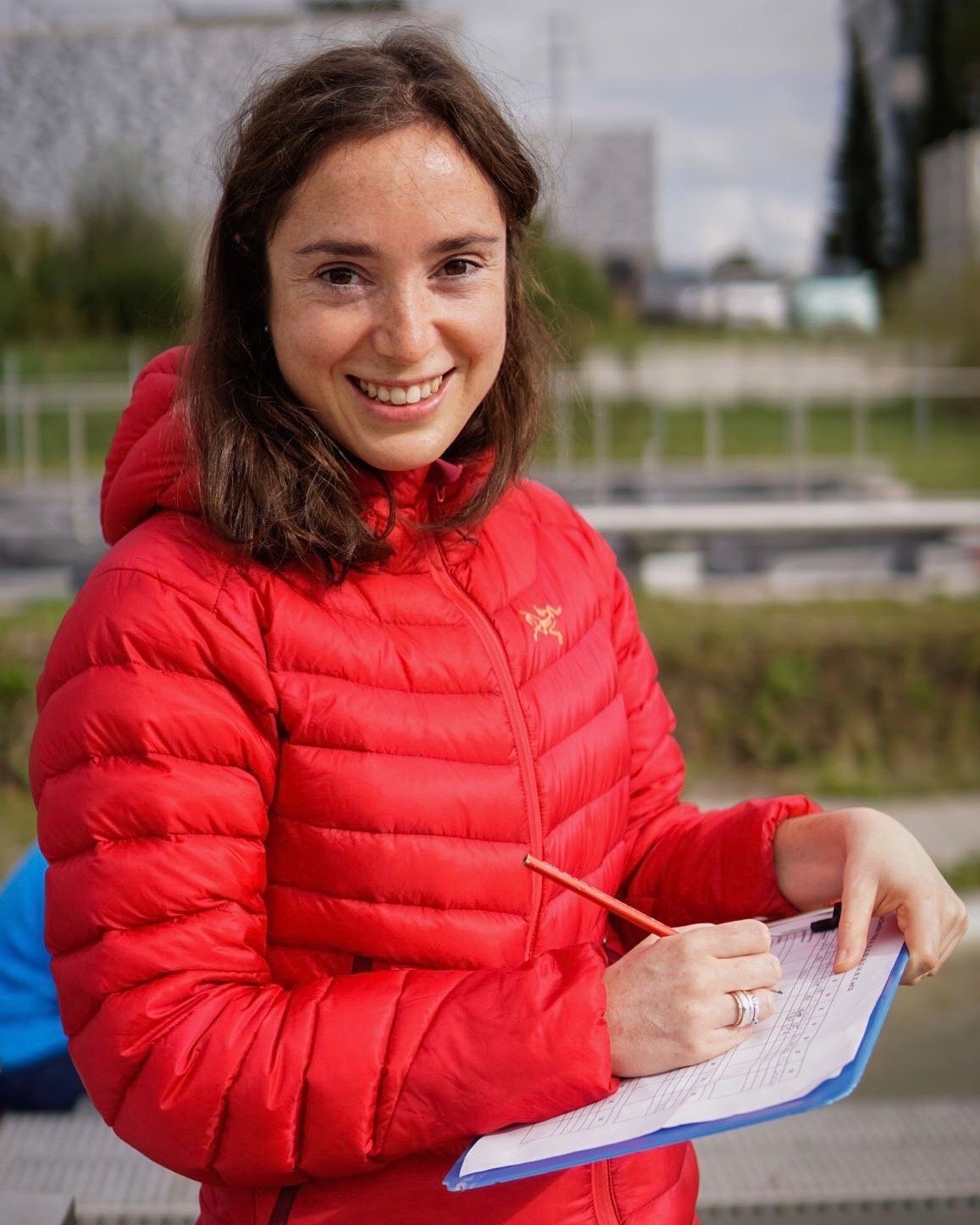
Joey Bernhardt (she/her) Assistant Professor & CEM Research Chair
Joey is an integrative ecologist. Her research aims to advance our fundamental understanding of the drivers of biodiversity change and the consequences of these changes for human well-being. Her research advances a solution to this challenge by studying the processes that unite all of life on Earth – the metabolic processes by which living systems uptake, store and convert energy, matter, and information from their environments to grow and persist. She combines theory, experiments and synthesis to study how living systems change as the environment changes, and what these changes mean for human well-being.
-
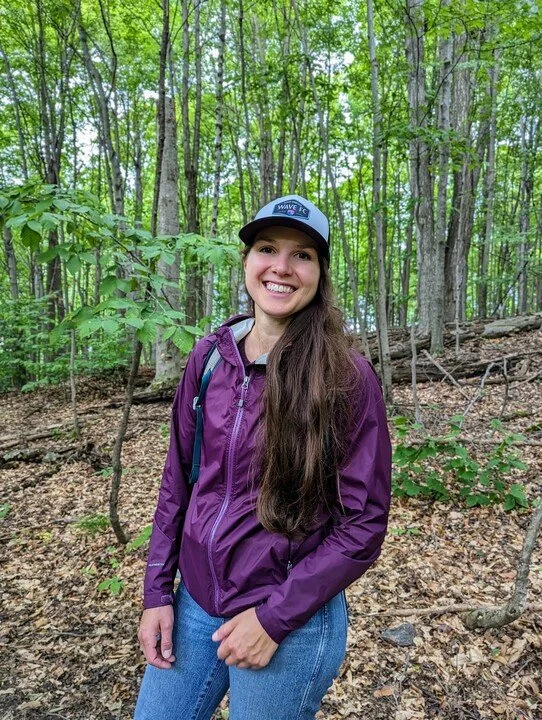
Amanda Cicchino (she/her)
Amanda is an integrative ecologist focused on understanding how organisms respond to environmental change. She uses thermal physiological, genomic, and computational approaches in her investigations of species vulnerability to gradual and rapid environmental changes. As a Centre for Ecosystem Management Postdoctoral Fellow in the Bernhardt Lab, Amanda is focused on answering how local spatial temperature variation can mediate – or exacerbate – organismal vulnerability to warming temperatures in the Great Lakes.
-
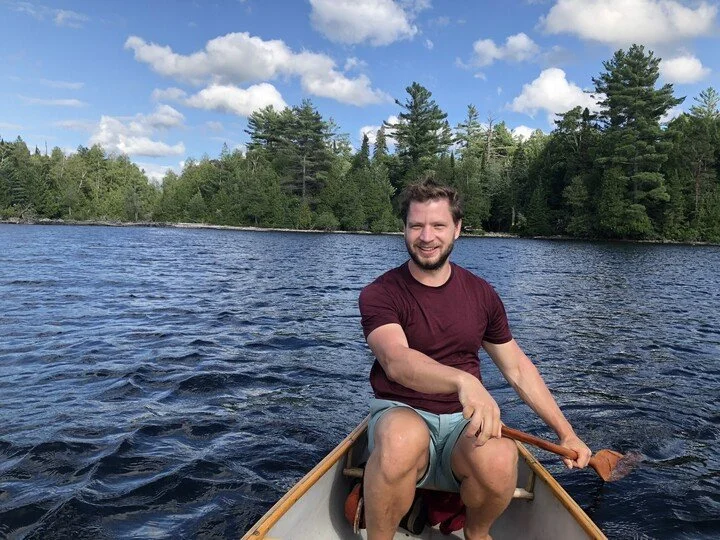
Jason Laurich (he/him)
Jason is an evolutionary ecologist whose research explores the consequences of mutualistic interactions among species. He uses genomic, experimental, and modeling approaches to study the effects of microbiomes on the fitness and phenotypes of their hosts, and their capacity to alleviate abiotic stressors associated with global change such as heat and salinization. Jason has a PhD from the University of Toronto and an MSc from Memorial University of Newfoundland.
-
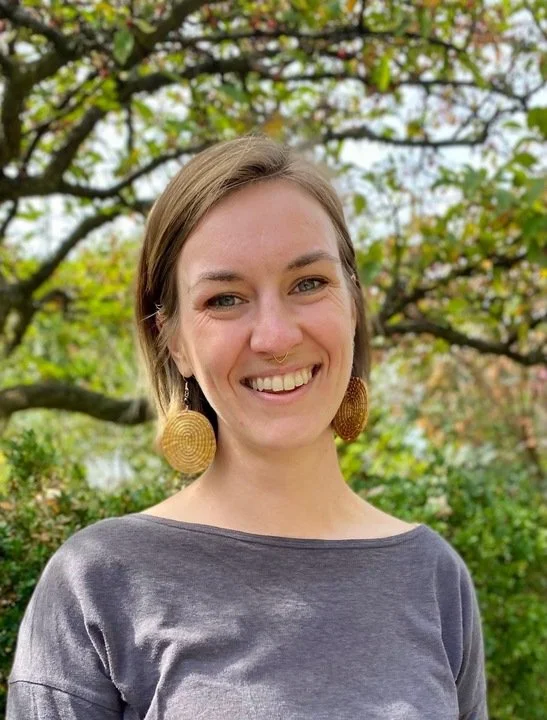
Kaleigh Davis (she/her)
Kaleigh is an ecologist interested in understanding and uncovering broad patterns in how biological systems respond to warming. Her primary focus is on the interaction between climate warming and resource availability, and how this affects species interactions and ecosystem functioning. Through her work, Kaleigh aims to integrate basic and applied ecology in order to address urgent, local problems associated with anthropogenic change.
-
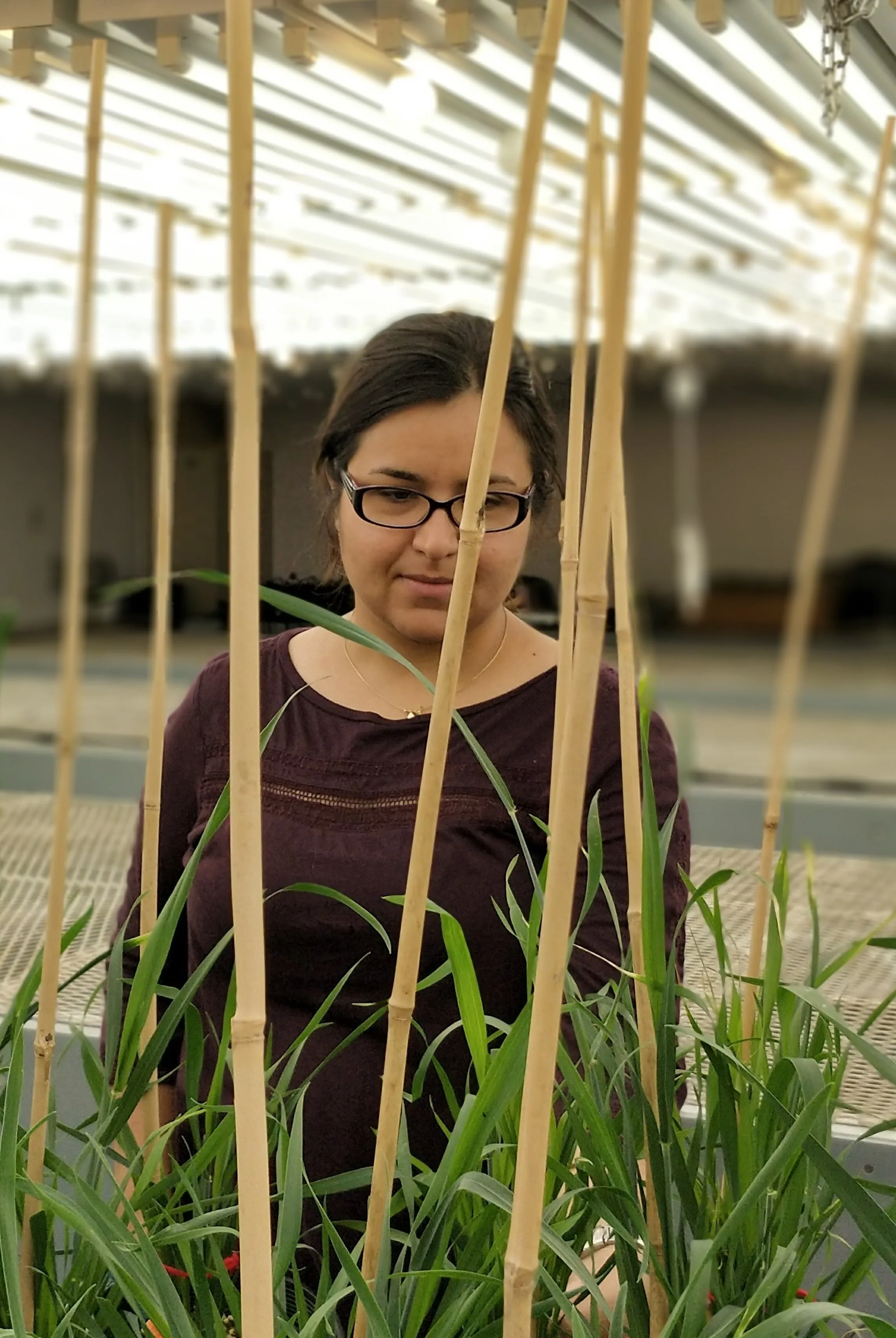
Mina Kaviani (she/her)
Mina started her academic journey in Canada as PhD student, studying the population dynamics and overwintering of a plant pathogen in pears. She then became part of the wheat breeding program at the University of Guelph working on a wide range of crop science research and plant breeding such as improving winter hardiness, disease resistance and nutrient use efficiency in wheat. Currently, she is working as a postdoctoral fellow at the Arrell Food Institute where she is analyzing the relationships between farm management practices, climate and key environmental outcomes such as biodiversity, and the presence of mycotoxins in cereals (corn and wheat).
-

Neha Patel (she/her)
Neha is a Master’s of Bioinformatics student completing a research project with the Bernhardt lab. Driven by her passion for nature, she is aiming to contribute to biodiversity conservation. In particular, she is interested in leveraging genomic and bioinformatic tools towards investigating climatic adaptation in species. While working at the lab, Neha is excited to build upon on her knowledge in ecology and climate change, collaborate with other lab members, and further develop her programming skills.
-
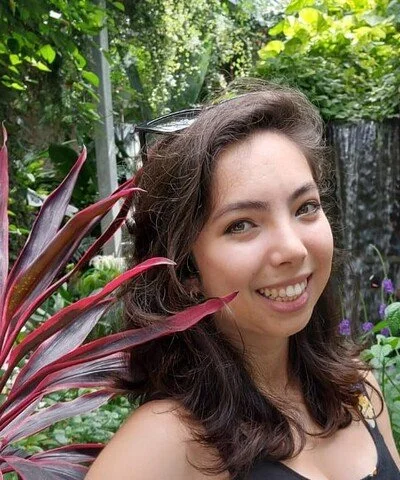
Jacklyn Simonson (she/her)
Jacklyn is of mixed ancestry (Mi’kmaq, Puerto Rican, Settler) and was born and raised in Tampa, FL with an ancestral connection to Eel Ground First Nation, NB. She just completed her undergraduate degree in Environmental Science where she worked with Dr. Bernhardt as a research assistant to assist in community-based work examining the impact of biting insects on caribou in the Arctic and its effect on Inuit health. She will be pursuing a Master’s degree in the fall where she will work with Dr. Bernhardt and Dr. Lewis to evaluate the ecological risks of mining to Northern Alberta Indigenous communities through soil assessment and remediation.
-
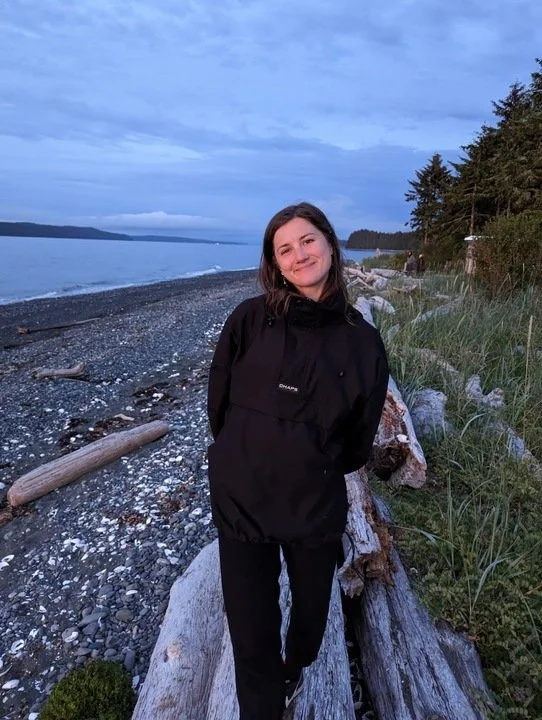
Celeste Landon (she/her)
Celeste is a MSc student and aspiring ecologist. She spent several years working in conservation and environmental consulting before deciding to make learning her full-time gig. She is broadly interested in how species are navigating a rapidly changing environment and what implications these changes have across scales, from specialized metabolic processes to broader ecosystem dynamics. By contributing to the growing pool of ecological science, she hopes to ultimately support the development of innovative conservation and management solutions to address some of today’s most pressing environmental challenges. She’s a big fan of climbing mountains, running through meadows and adventuring to new places.
-
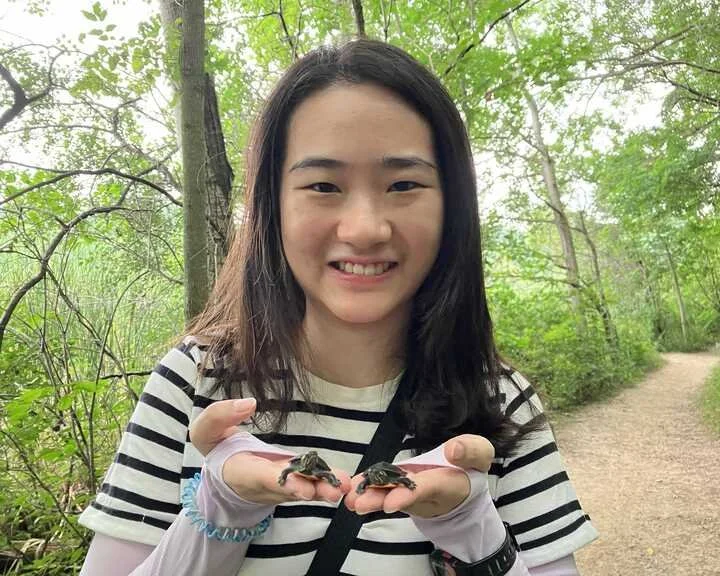
Lilian Chan (she/her)
Lilian is a master’s student researching the effects of climate change on vector-borne disease transmission in Arctic ecosystems. Her work examines how temperature affects the life history traits of biting insects and their potential to spread diseases in northern regions. By integrating field data with climate models, she aims to project future transmission risks and identify areas vulnerable to outbreaks. In her free time, Lilian enjoys hiking, herping, and wildlife photography, reflecting her passion for nature and wildlife conservation.
-

Shauna Dworatzek (she/her)
Shauna is completing her Masters in Integrative biology in the Bernhardt lab, where she will be using DNA metabarcoding to research biting insects in the Arctic, and how they act as vectors of disease. Shauna is continuing her academic journey at the University of Guelph, where she completed her undergraduate degree in Biochemistry. She continues to shift her research to be environmental and ecology-based, as her love for nature and belief in protecting the environment has been her main driver. She hopes to continue to use and refine her skills in DNA metabarcoding after completing her honours thesis using these methods. She studied constructed wetlands and implemented new methods of studying insect emergence with exoskeletons. Shauna hopes to gain skills and understanding of analytical techniques used in ecology as she hopes to pursue a Ph.D in the future.
-
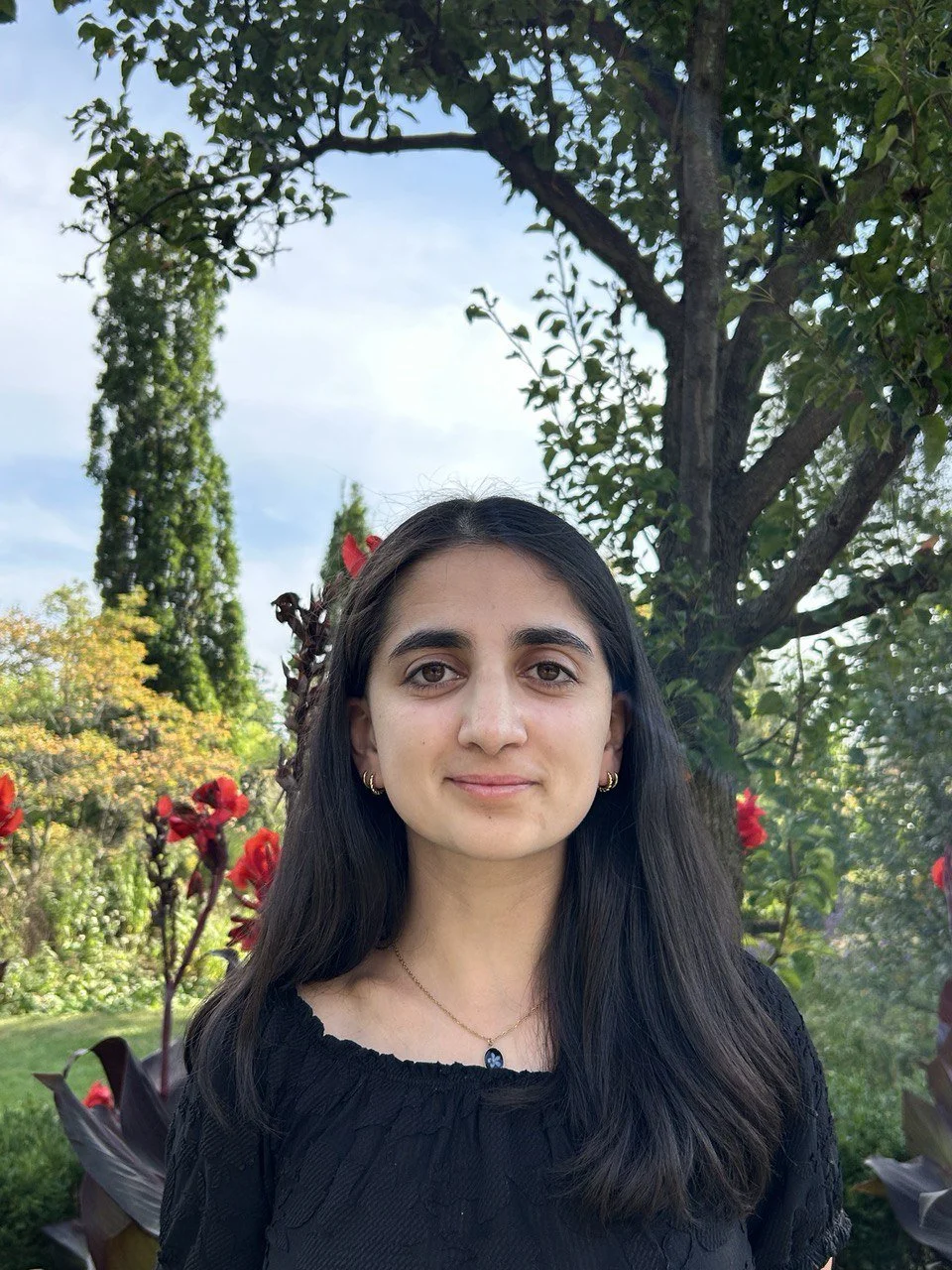
Sarah Rauf (she/her)
Sarah is a master’s student studying thermal adaptation in phytoplankton. She will quantify the genetic variation in thermal traits across multiple phytoplankton functional types from a global distribution to capture potential variation associated with latitude or climate. As the aquatic environment is experiencing shifting thermal and nutrient regimes, Sarah is focused on uncovering how these multiplicative effects may modify phytoplankton geographic ranges and alter their community structure. She completed her BSc in Biology at the University of Manitoba, where she looked at the trophic interactions and dietary niches of coastal Arctic fish.
-

Ijeoma Nwafor (she/her)
Ijeoma is working in the Bernhardt lab as an undergraduate research assistant while completing her BA in Environmental Governance and minor in Ecology. Ijeoma is passionate about ecology and conservation, with strong interests in aquatic ecosystems and interpreting data using R. In the Bernhardt Lab, Ijeoma has completed her undergraduate thesis project, investigating resource limited competition in freshwater phytoplankton. Using her experiences from her major with topics from physical and human geography, Ijeoma is eager to further develop her understanding of global environmental change on aquatic food webs.
-
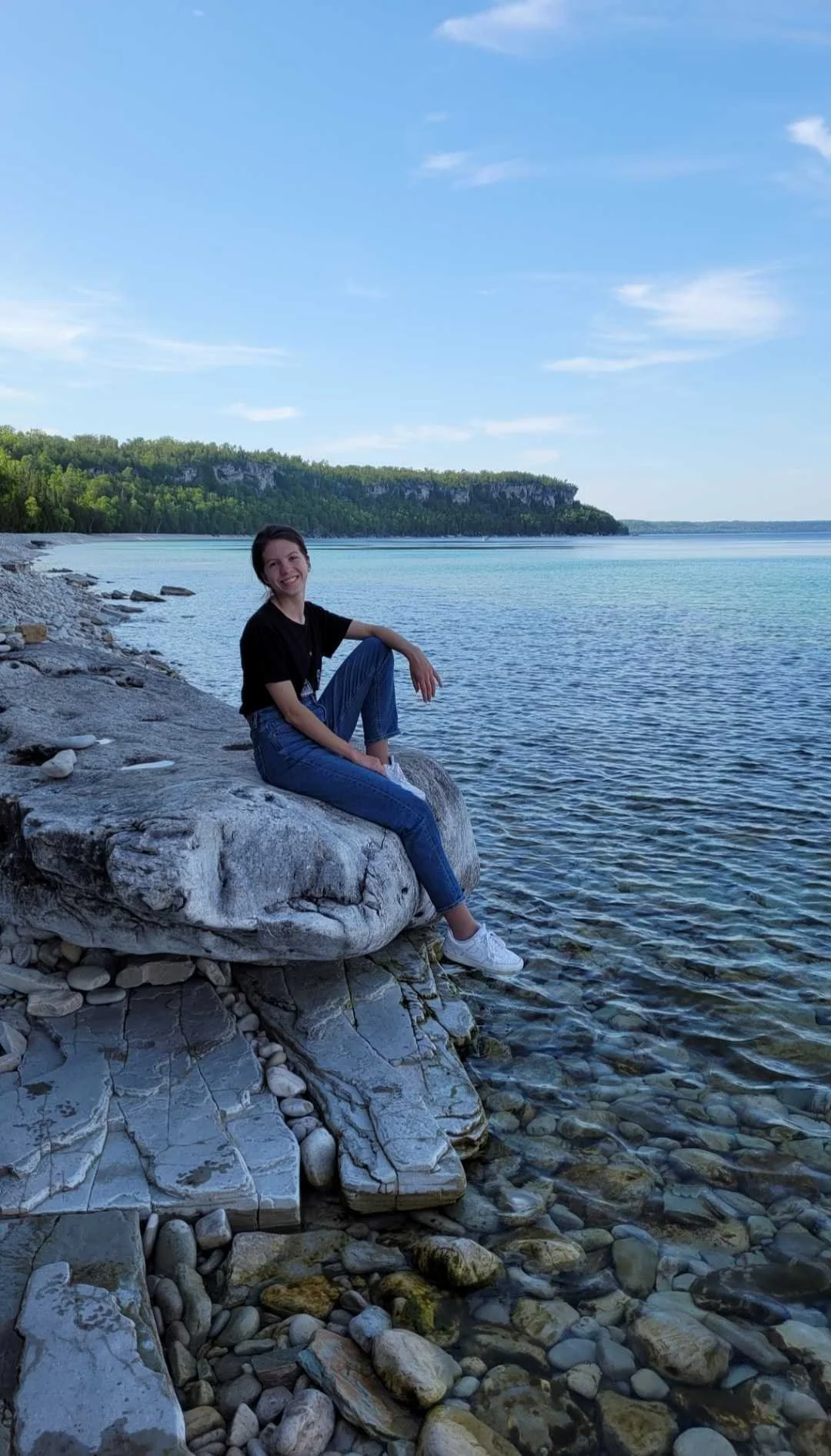
Sveta Uzhova (she/her)
Sveta is completing her BSc in Biodiversity with a minor in French Studies while working as an undergraduate research assistant in the Bernhardt lab. She is passionate about conservation of biodiversity in the contexts of the anthropogenic impact and warming climate on ecosystems. Her work includes an experiment on drug susceptibility in thermotolerant pathogenic fungi and a computational project on nutrient profiles and critical thermal limits in commercially important Great Lakes fish species. Sveta’s independent research project examines thermal performance of phytoplankton.
-
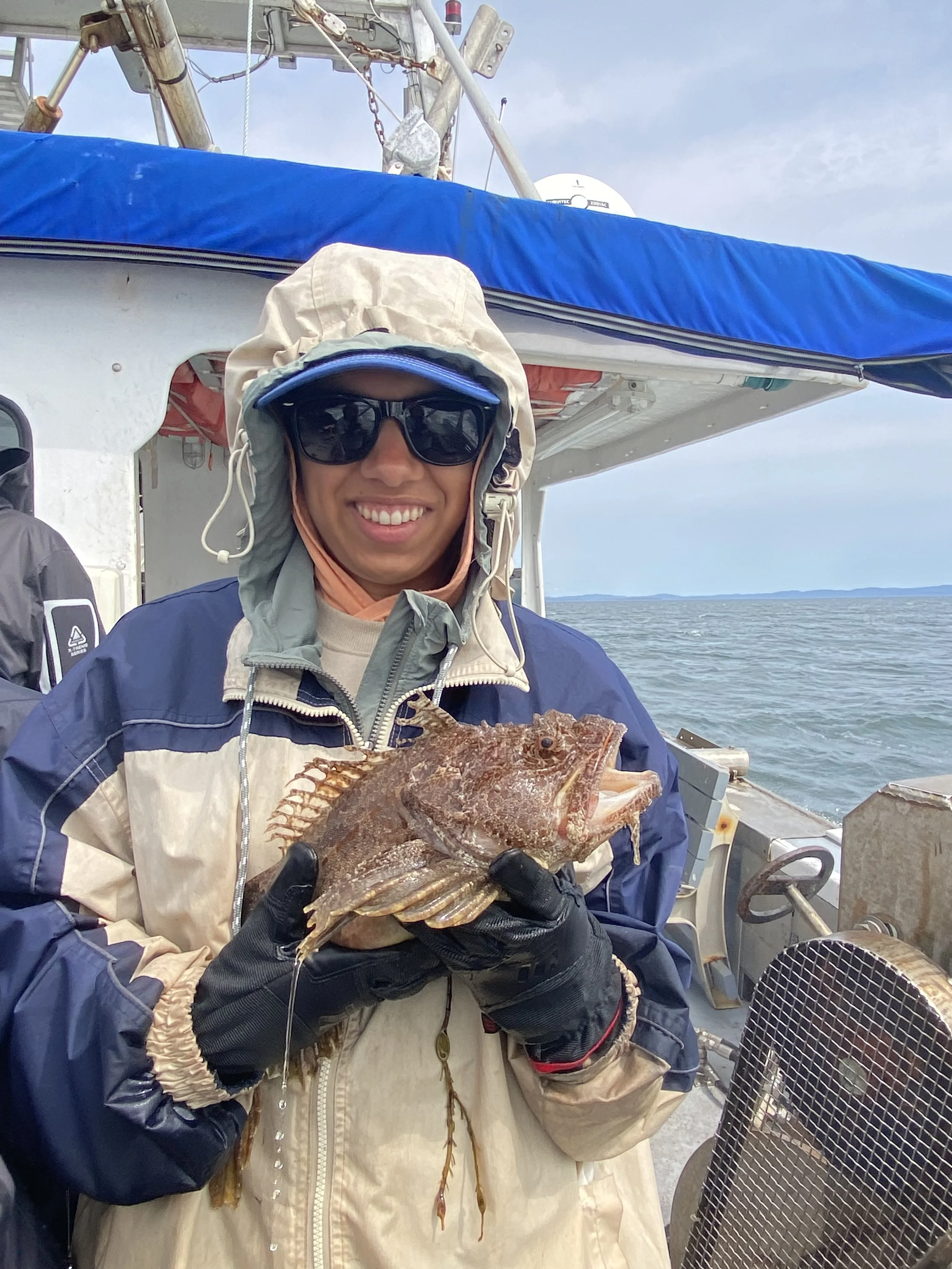
Jessica Collier (she/her)
Jessica is completing her BSc in the Marine and Freshwater Biology program (co-op) with a minor in agriculture. She will be working on a research project in the Bernhardt lab looking at the thermal tolerance of freshwater phytoplankton. She is passionate about environmental conservation, specifically in the fields of aquatic and agricultural science. While working in the lab, Jessica is excited to continue developing her understanding of the impacts of global environmental change on aquatic ecosystems while enhancing her statistical analysis and scientific communication skills.
-
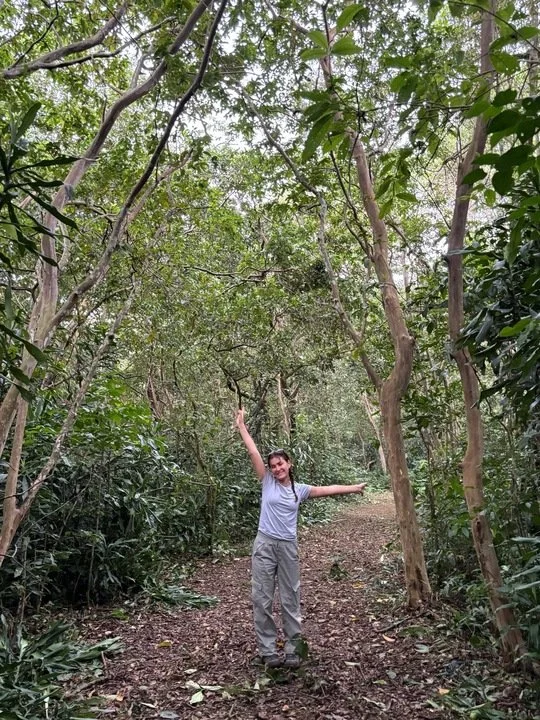
Victoria Virag (she/her)
Victoria is working in the Bernhardt Lab as an undergraduate research assistant while completing her BSc in Zoology. Victoria is passionate about physiology, focusing on aquatic systems with an overarching interest in biofuel. In the Bernhardt Lab, she is working to investigate how light availability affects lipid production in algae. Through her courses in zoology, she has developed a significant background in physiology and is eager to apply her lab skills to her research. She aims to improve her understanding of ecological perspectives, blending her academic experiences to contribute to her professional and academic goals in the field of aquatic physiology.
-
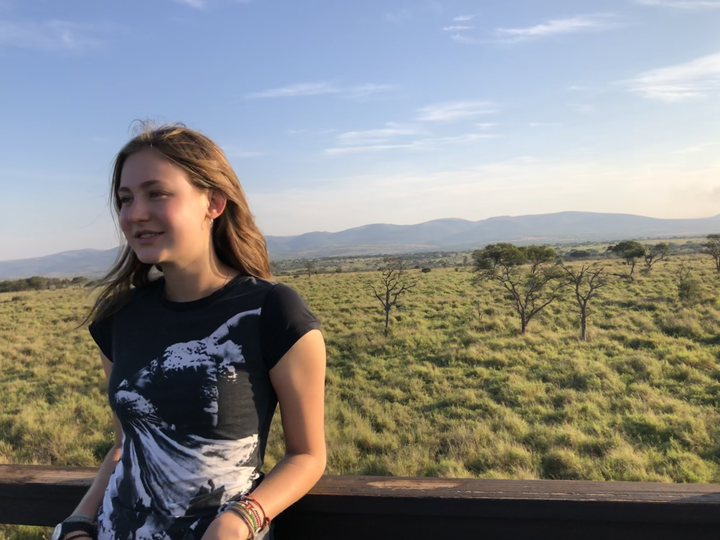
Laina Weiss (she/her)
Laina is a fourth year student in the Wildlife Biology and Conservation BSc major. She is currently working on an undergraduate research project in the Bernhardt lab that examines the fitness implications of mismatched cues in a changing world. She is passionate about wildlife conservation, particularly in the context of global environmental change, and is eager to explore these questions further in a laboratory setting and among like-minded individuals.
-

Lauren Mitchell (she/her)
Lauren is a fourth year student completing her BSc in Zoology. Being from Canada’s Pacific Northwest, she is forever fascinated with the biodiversity she grew up with on the coast. While her curiosity is large, her interests have only grown smaller; literally. During her time at Guelph, she has developed keen interests in insects and soil biology. She is working on combining her passion for nearshore marine life with the future of sustainable agriculture and hopes to apply this knowledge in the pursuit of bioremediation for agricultural soils.
-

Olivia Colman (she/her)
Olivia is completing her BSc in the Biomedical Science program with a minor in One Health. She is working on a project in the Bernhardt lab currently looking at vector borne disease transmission between black flies and moose and caribou in Cambridge Bay, Nunavut. She hopes to add to the DNA barcode library of black flies in the Arctic and document the prevalence of parasites within black flies near Cambridge Bay. Olivia is passionate about the interconnection between human, animal and environmental health. She is looking to expand her understanding of the effect of climate change and vector-parasite-host interactions within Arctic communities.
-

This could be you!
Future students and postdocs
Lab Alumni
-
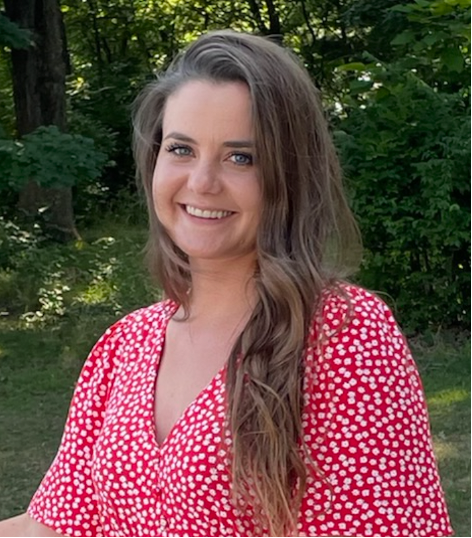
Marie Gutgesell
Post-doctoral researcher, 2023
-

Kevin Hilderley
Undergraduate Honours Thesis, 2024
-
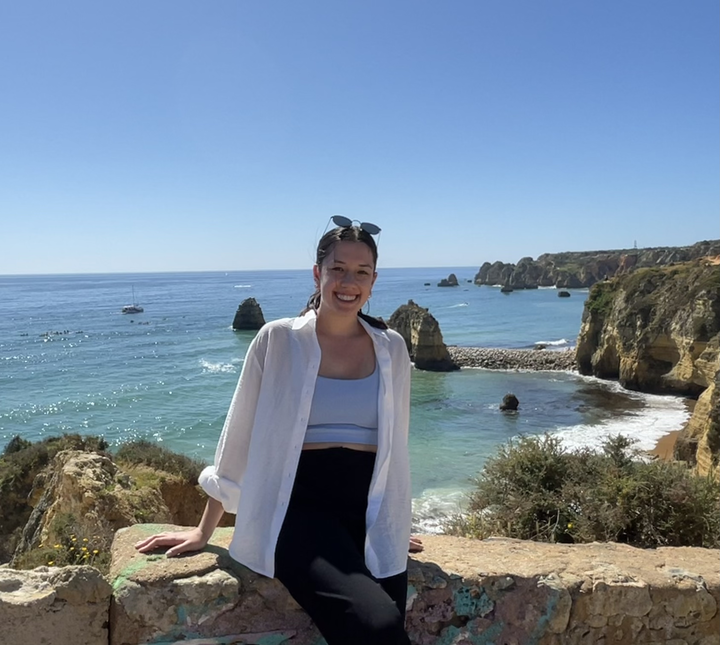
Sara Janisse
Undergraduate Honours Thesis, 2024
-

Aviva Fournie
Independent Research Project, 2024
-
Elissa Bos
Internship - ENVS 3330, 2024
-
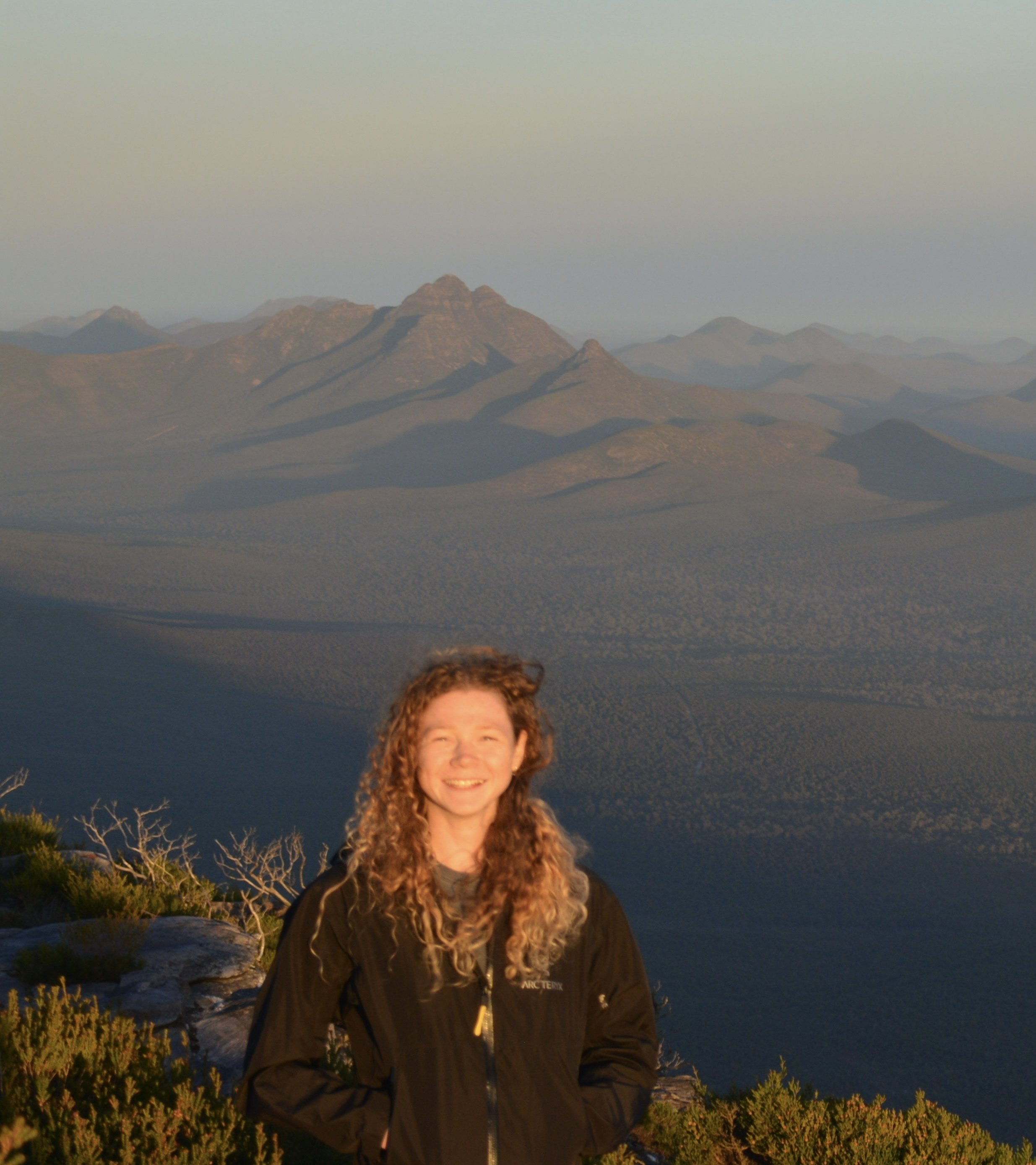
Emma Wells
Internship - ENVS 3330, 2024
